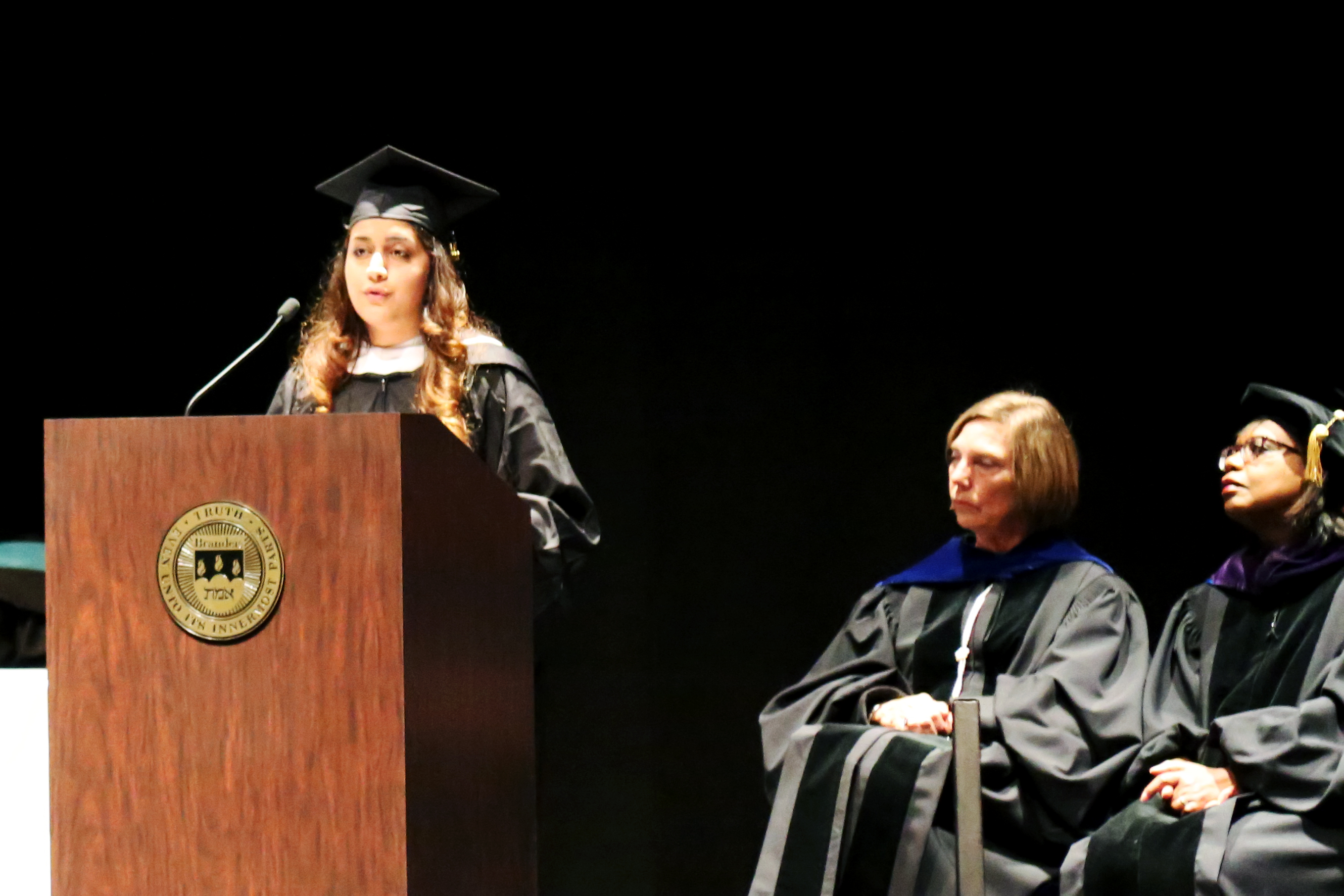
All throughout the three years of war that I witnessed firsthand in Syria, I thought I had the right to be angry. How could I not be angry when everything was so irrational and meaningless? When people died every single day for no reason?
How could I not be angry, when just doing the kinds of simple things that people in other places might take for granted—something like going to work, for example—I was risking my life? Random chance seemed to be the only thing that stood between me and my doom. One morning, a massive explosion took place in Damascus. It was very close to my work place and the only reason I wasn’t one of the casualties was because I was late that day.
How could I not be angry when I watched my family members and friends escaping from Syria, desperately seeking some sort of normalcy—somewhere, anywhere else. I remember how betrayed and left behind I felt.
How could I not be angry when on the day of my admissions phone interview with the Heller School, there was no electricity all day, so I could not recharge my phone, and I was praying that it would not die in the middle of the interview.
Everything seemed so random and up to chance. So, yes, I was angry at what was happening in my country. Very angry. And I thought that coming to Heller would give an outlet to all that anger by providing me with action steps that would give me some sense of control—with ways to channel all that anger into action to help my country and my people.
When I came here, and began to reflect on everything from a distance, my perception changed. I realized that, though I was angry, I was mostly scared and damaged, and that it was just easier for me to feel angry. Admitting to myself that I was scared and traumatized would have required me to step back and take a break, give myself some time to heal. And I felt I couldn’t afford that. To take care of myself, the best I knew how, I had to keep going forward.
So, when I first came to Heller, all I had in mind was to find a way to help respond to the violence that spread across Syria; to help stop it. To start the process to heal it. I didn’t realize that the first thing that I would actually learn was to recognize how traumatized I was, and start my own healing journey.
The funny thing for me, about studying COEX at Heller, is that I thought it would make me want to fight more: fight to end violence and injustice; fight to end war, fight to counter terrorism. Instead, it made me want to fight less. Studying at Heller made me realize that everything you wage a war against just gets bigger, whether it’s terrorism, drugs, or even war itself.
The things I learned in Heller classrooms about why we, as human beings, commit so much violence, made me think to myself, “What if what we really need is not more anti-violence campaigns, but rather more pro-peace ones? What if we are just directing too much attention to what’s negative in this world, and not enough to what can be more positive?”
Coming to Heller from a war-torn country, I was desperate for an answer, for a way out of the darkness my country is going through. And, here, I got an answer—not the one I was expecting… a better one.
I came to realize that while continuing to pursue my ambition in making people understand one another, or at least accept each other a little more, I can start here, right now, with me. I can love deeper, forgive faster, and cherish every carefree laugh I share, and every connection I make with others. Heller made me realize that growing an energy of love is also peacebuilding.
While I never expected that this is what I would learn here, it is the most important thing I learned. And it started in Mari Fitzduff’s class in Social Psychology. That’s where the insight was first planted. And it grew through the rest of my time with my colleges and professors at COEX.
The amazing thing about my classmates, all of us, is that we are very different, diverse, coming to this field from all walks of life. Yet, we are so alike; all moved with an unrelenting desire to make the world a more peaceful one. And the great thing is, I think we will!
Congratulations COEXers! Congratulations to everyone who graduates today!
